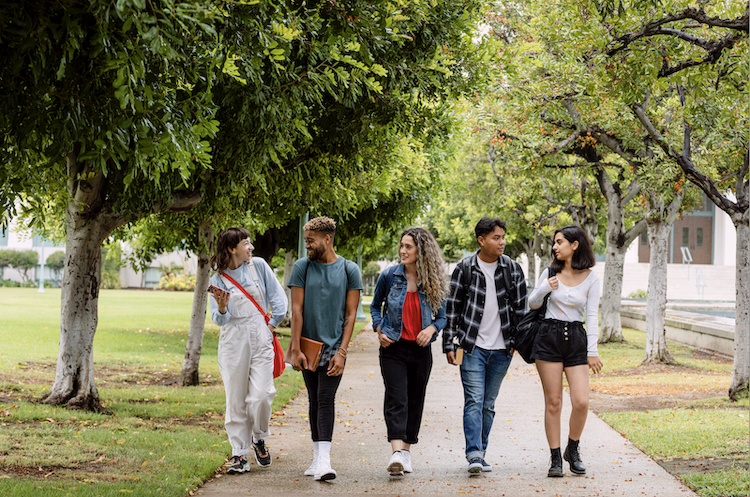
Teen Relationships: The Good, The Bad, & How Parents Can Help in a Digital World

Overview
A full recording of this panel is available on YouTube. View it here.
Thank you so much, Aura, for your partnership and support in putting together this webinar.
On Tuesday, February 15th, the Family Online Safety Institute and Aura, a provider of intelligent safety solutions, convened a panel discussion entitled, “Teen Relationships: The Good, The Bad, & How Parents Can Help in a Digital World.” Stephen Balkam, FOSI’s Founder & CEO moderated the conversation between these leading experts: Dr. David Greenfield of The Center for Internet and Technology Addiction; Erica Olsen of the National Network to End Domestic Violence; Rita Smith of DomesticShelters.org; and Ryan Toohil of Aura.
The panelists began their conversation by discussing the importance of having open conversations about tech expectations and responsibilities as teens and young people join online spaces to explore their identities and relationships – particularly as different generations have different expectations for online safety and data privacy. The panelists agreed that conversations around consent are an effective way to establish privacy and safety online and lessen unintended consequences.
The panelists then discussed ways that parents can identify if their child is in an unhealthy relationship. Some of the advice included getting to know who their child’s best friend is in order to be more approachable and have someone else to ask if anything is wrong; knowing how to recognize signs of withdrawal, secrecy, or stress over a device, account, or notifications; and overall how to engage with teens in order to keep them talking.
The conversation then flowed to the topic of parental controls, specifically about managing expectations while implementing them. For example, it is encouraged that parents be open about the use of controls and explain what will happen when a child reaches a particular website before they are implemented. The panelists agreed that it is best to talk early to children about online safety, citing kindergarten to age 7 as appropriate timing, and that while easy technical solutions do exist for monitoring behavior, it shouldn’t replace the opportunity to have safety conversations with your child.
Finally, the panelists gave commentary on what platforms can do as next steps after a user has reported a violation of their service and how to lessen the effects of minimizing the issue. The panel discussed how the pandemic has affected their work, specifically noting that lockdown periods forced isolation between victims and abusers and allowed abuse to persist. And they gave suggestions on how parents can talk to their teens about suggestive, explicit photos, image-based abuse, and consent. The conversation closed after the panelists gave their thoughts on the emerging metaverse.
Speakers

Stephen Balkam
Founder & CEO, Family Online Safety Institute

Dr. David Greenfield
Founder and Medical Director, The Center for Internet and Technology Addiction

Erica Olsen
Safety Net Director, National Network to End Domestic Violence

Rita Smith
Vice President of External Affairs, DomesticShelters.org

Ryan Toohil
Chief Technology Officer, Aura